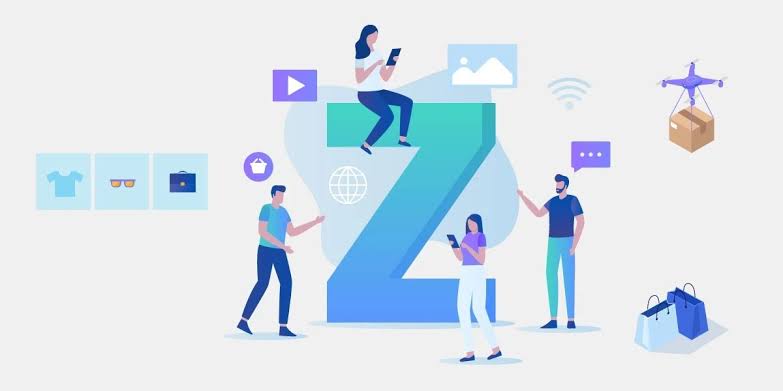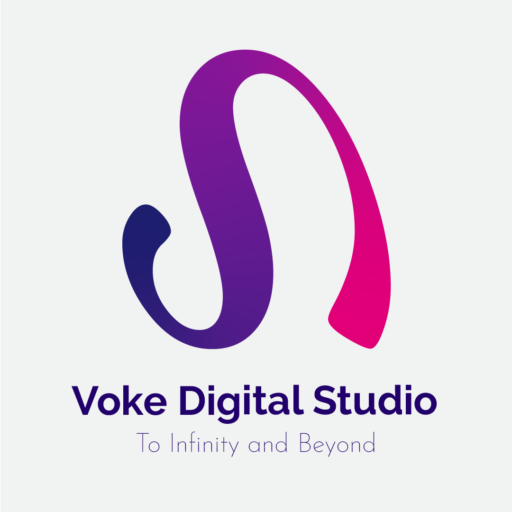
Want to win over Gen Z employees and customers? This guide reveals the secrets to bridging the generation gap with authenticity, digital-first strategies, and purpose-driven engagement. Learn how to attract Gen Z talent and build brand loyalty with innovative marketing and workplace tactics.
Table of Contents
- Introduction: Why Winning Over Gen Z Matters
- Understanding Gen Z: Traits That Define Them
- How to Win Over Gen Z Employees
- Flexibility & Digital-First Workspaces
- Purpose-Driven Culture & Transparency
- Career Growth & Continuous Learning
- How to Win Over Gen Z Customers
- Authentic Branding & Ethical Marketing
- Personalization & Interactive Experiences
- Social Media & Influencer Strategies
- Conclusion: Cracking the Gen Z Code
Introduction: Why Winning Over Gen Z Matters
If your brand or company isn’t prioritizing Gen Z, you’re already behind. Born between 1997 and 2012, this generation is shaking up workplaces and consumer markets with their digital-first mindset and demand for authenticity.
To win over Gen Z employees and customers, businesses must rethink traditional strategies. They expect flexibility, transparency, ethical values, and personalised experiences—both at work and in their shopping habits. If companies fail to align with their expectations, Gen Z won’t hesitate to switch jobs or brands.
Understanding their values and preferences is the first step in bridging the generation gap and fostering long-term loyalty.
Understanding Gen Z: Traits That Define Them
Before exploring strategies to win over Gen Z, let’s decode what makes them unique:
- Digital Natives: Raised on the internet, they rely on tech for work, shopping, and communication.
- Authenticity-Driven: They can spot fake marketing or corporate jargon instantly and prefer brands that feel real.
- Purpose-Oriented: Sustainability, social justice, and inclusivity matter deeply to them.
- Experience-Focused: Whether in the workplace or marketplace, they value engagement, customization, and innovation.
To engage with Gen Z successfully, brands must align with these key characteristics.
How to Win Over Gen Z Employees
Flexibility & Digital-First Workspaces

Gen Z refuses to be confined by outdated work structures. They thrive in flexible, tech-driven environments that support work-life balance.
- Offer hybrid or remote work options to enhance productivity.
- Invest in collaborative digital tools (Slack, Notion, Trello) to streamline workflows.
- Encourage asynchronous communication to allow independent work styles.
If you want to win over Gen Z employees, adapt to their digital-first mindset and provide autonomy.
Purpose-Driven Culture & Transparency

A paycheque isn’t enough—Gen Z seeks meaningful work with companies that reflect their values. They expect:
- Clear communication on company ethics, DEI initiatives, and corporate responsibility.
- Authentic employer branding—they trust employees’ experiences over corporate PR statements.
- Work that contributes to a greater cause, whether through sustainability efforts or social impact programs.
By fostering a purpose-driven culture, businesses can win over Gen Z employees and boost retention rates.
Career Growth & Continuous Learning

For Gen Z, learning is a lifelong process. If a job lacks upscaling opportunities, they’ll leave. Employers must provide:
- Micro learning platforms (LinkedIn Learning, Coursera) to encourage skill-building.
- Mentorship and reverse-mentorship programs to foster knowledge-sharing.
- Career path transparency with clear promotion and role-switching opportunities.
Offering continuous learning isn’t just an incentive—it’s a necessity to retain Gen Z talent.
How to Win Over Gen Z Customers
Authentic Branding & Ethical Marketing

Forget traditional advertising—Gen Z craves authenticity, storytelling, and ethical business practices.
- Ditch stock photos and corporate lingo—opt for real people, behind-the-scenes content, and unscripted videos.
- Showcase sustainability efforts transparently, without greenwashing.
- Engage in social causes that align with Gen Z values, not just for PR but for real impact.
To win over Gen Z customers, businesses must move beyond transactional relationships and build trust.
Personalisation & Interactive Experiences

Gen Z expects brands to tailor experiences to their preferences. One-size-fits-all marketing won’t work.
- Use AI-driven personalisation for product recommendations (think Spotify or Netflix algorithms).
- Leverage interactive content—quizzes, polls, and AR/VR experiences.
- Offer customisation options for products and services, making customers feel valued.
A personalized approach ensures deeper engagement and long-term brand loyalty.
Social Media & Influencer Strategies

Social media isn’t just a marketing tool—it’s Gen Z’s primary discovery platform. Businesses must:
- Master short-form content on TikTok, Instagram Reels, and YouTube Shorts.
- Collaborate with micro-influencers for authentic brand advocacy.
- Engage in real-time interactions, responding to comments, trends, and viral moments.
A strategic, relatable social media presence is critical to winning over Gen Z consumers.
Conclusion: Cracking the Gen Z Code
The key to winning over Gen Z employees and customers lies in flexibility, authenticity, personalization, and digital-first engagement. Companies must rethink their approach to work culture and marketing strategies to truly connect with this generation.





